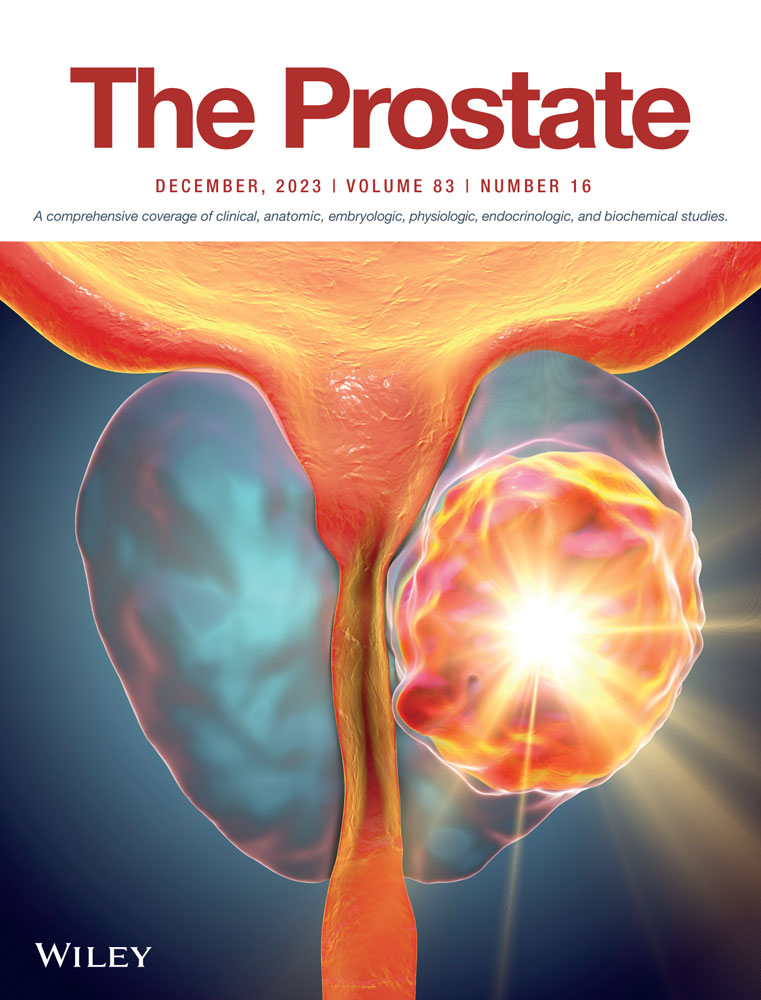Clinical utility of the prognostic nutritional index in patients with metastatic hormone-sensitive prostate cancer: A retrospective, multicenter, cohort study
Yasutaka Yamada and Shinichi Sakamoto contributed equally to this work.
Abstract
Background
The prognostic nutritional index (PNI) based on the serum albumin level and the lymphocyte count has been investigated as a prognostic factor in patients with malignant tumors. However, it has been poorly studied in prostate cancer (PCa), and little is known about its clinical utility.
Methods
Clinical data of 353 patients with de novo, metastatic, hormone-sensitive PCa (mHSPC) who received androgen deprivation therapy (ADT) were obtained from multiple institutions between 2000 and 2019. The impacts of the pretreatment PNI level on treatment response and survival, together with clinical parameters, were examined. The Mann−Whitney U test, Cox proportional hazards models, and Kaplan−Meier methods were used to evaluate significance.
Results
The median age and initial prostate-specific antigen level were 73 and 266.18 ng/mL, respectively. Patients with a low PNI had shorter progression-free survival (PFS), cancer-specific survival (CSS), and overall survival (OS) (p < 0.0001). On multivariate analysis, low PNI was an independent prognostic factor for OS (p = 0.0027, HR = 1.65), as well as advanced age (p = 0.049, HR = 1.38), the International Society of Urological Pathology (ISUP) grade group (GG) 5 (p = 0.0027, HR = 1.69), and elevated lactate dehydrogenase (LDH) (p < 0.0001, HR = 2.08). A propensity score-matching analysis showed that the PNI level remained a significant prognostic biomarker for PFS (p = 0.0263), CSS (p = 0.0006), and OS (p = 0.0015). Furthermore, a novel risk classification using PNI, LDH, and the ISUP GG was established to stratify patients' prognosis. An increase in the number of risk factors was significantly correlated with poor outcomes.
Conclusions
A low pretreatment PNI might be an effective biomarker of poor treatment response and survival in patients with mHSPC undergoing ADT.
CONFLICT OF INTEREST STATEMENT
The authors declare no conflict of interest.
Open Research
DATA AVAILABILITY STATEMENT
The data that support the findings will not be available due to the personal information.




